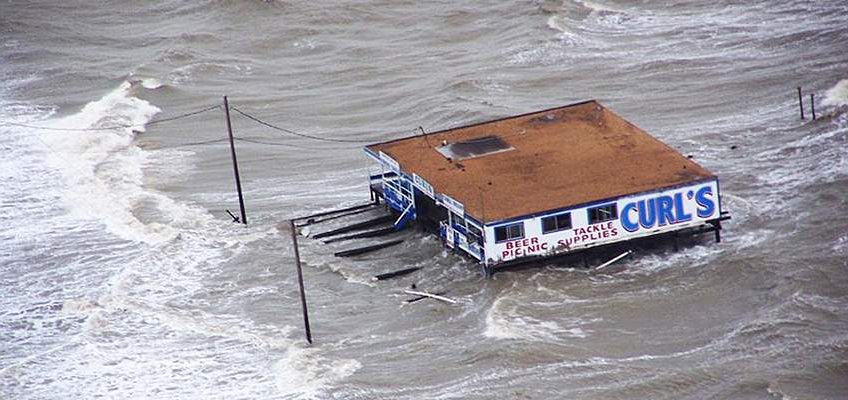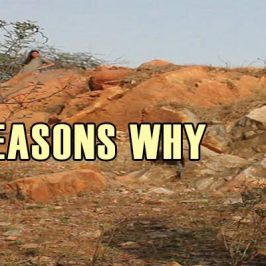You might have heard about this company that sent two people to explore a new territory for their range of footwear. After spending time researching the area, they both came back with their reports. The first said, "There is no market there, no one wears shoes." while the other said, "There is a huge market, no one wears shoes." Same state, same environment, two different responses. The first was largely pessimistic (some would say realistic), while the other spotted a huge opportunity.
It is the same in India as far as survival training is concerned. If we, like the shoe company, sent two executives out in the field to scope out the opportunities, we would receive two similar reports -
"No opportunity, no one knows anything about survival"
"Huge opportunity, no one knows anything about survival."
It has been a few years that we at OTA Survival School are trying to tap into the huge opportunity of getting individuals to get trained, prepared and equipped to face a survival situation. Not to belabour the point, it has been an absolutely uphill task. The hypothetical response of the first executive seems to hold true every single time - "No opportunity, no one knows anything about survival."
This is really unfortunate. Compared to other developed countries, India faces the brunt of natural disaster and calamities far more regularly. There are floods and cyclones, landslides and cloud bursts, avalanches and earthquakes. In many of these people end up dying. Terrorism is a huge reality in India and often people die. Sometimes due to shock and bleeding .... entirely unnecessary. People succumb to diarrhoea after drinking contaminated water. Others freeze to death because they could not even construct a rudimentary shelter to protect against the elements.
Many times we see people suddenly dying. Sipping a cup of tea to being entirely dead can happen in seconds. And no one even administers CPR to attempt reviving the victim. And people continue to die.
A deeply religious country, a lot of misfortune is laid on the doorstep of divinity.
"It is God's will," is the justification. Personal responsibility is relegated to the concept of karma. "If something bad has to happen, it will." We refuse to take steps to prevent a bad situation from getting worse. Nothing much can be done when you actually end up dying in a disaster. But per chance if one survives, the survivors end up blaming everyone but themselves - the Government, the rescue parties, the building contractors, the administration, the Member of Parliament, the Police for not getting food to eat or water to drink. They want the soldiers to come and build them a shelter. They want the NDRF team to come and feed them. They want the Air Force helicopter to come and evacuate them. They want boat teams to come to their doorsteps with drinking water bottles.
When the shit hits the fan, there are a lot of things that rescue parties have to look into. People could be dying. Epidemics are a possibility. Roads have to be reopened. Unsafe buildings have to be evacuated and demolished to prevent further loss of life. Yet, a large posse of rescue parties are diverted to provide basic succour to the victims by providing food and water. Criminal, I say. Imagine rescue parties distribute ten lakh food packets in an area of devastation, not only is time wasted, but money as well. If each food packet costs Rs 100, the cost is Rs 10,00,00,000. A drain on the exchequer. Alternatively, if each and every person spent Rs 100 to stock up on food preparing for an eventuality, not only would the manpower resources have been better utilised, but a whole lot of public money could have been saved.
Now let us look at the developed world. Specifically, let us look at the USofA. There are survival schools in virtually every alley. The Government spends a lot of time, money and resources to build quick response teams across towns and cities. And people go out of their way to prepare for eventualities. This way the citizenry is prepared, stocked and ready for the time when a disaster does strike.
Despite that, some figures state that less than 10% Americans are prepared. According to the majority, preppers are crazy and rumour mongers. If that is the state in America and among Americans, how does one expect to instill the importance of prepping among Indians. Yet, the process and the effort continues. Is it frustrating? Yes. Is it sad? Yes. Is it a waste of life when someone suffers unnecessarily? Of course. So when will we learn? Not till we actually come face to face with the Grim Reaper and realise the importance of being slightly more prepared than we actually are.










Leave a Reply
You must be logged in to post a comment.